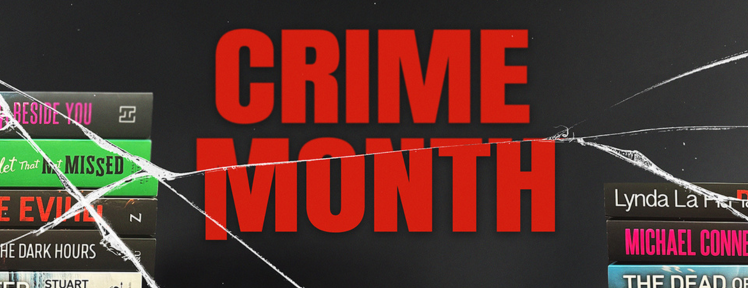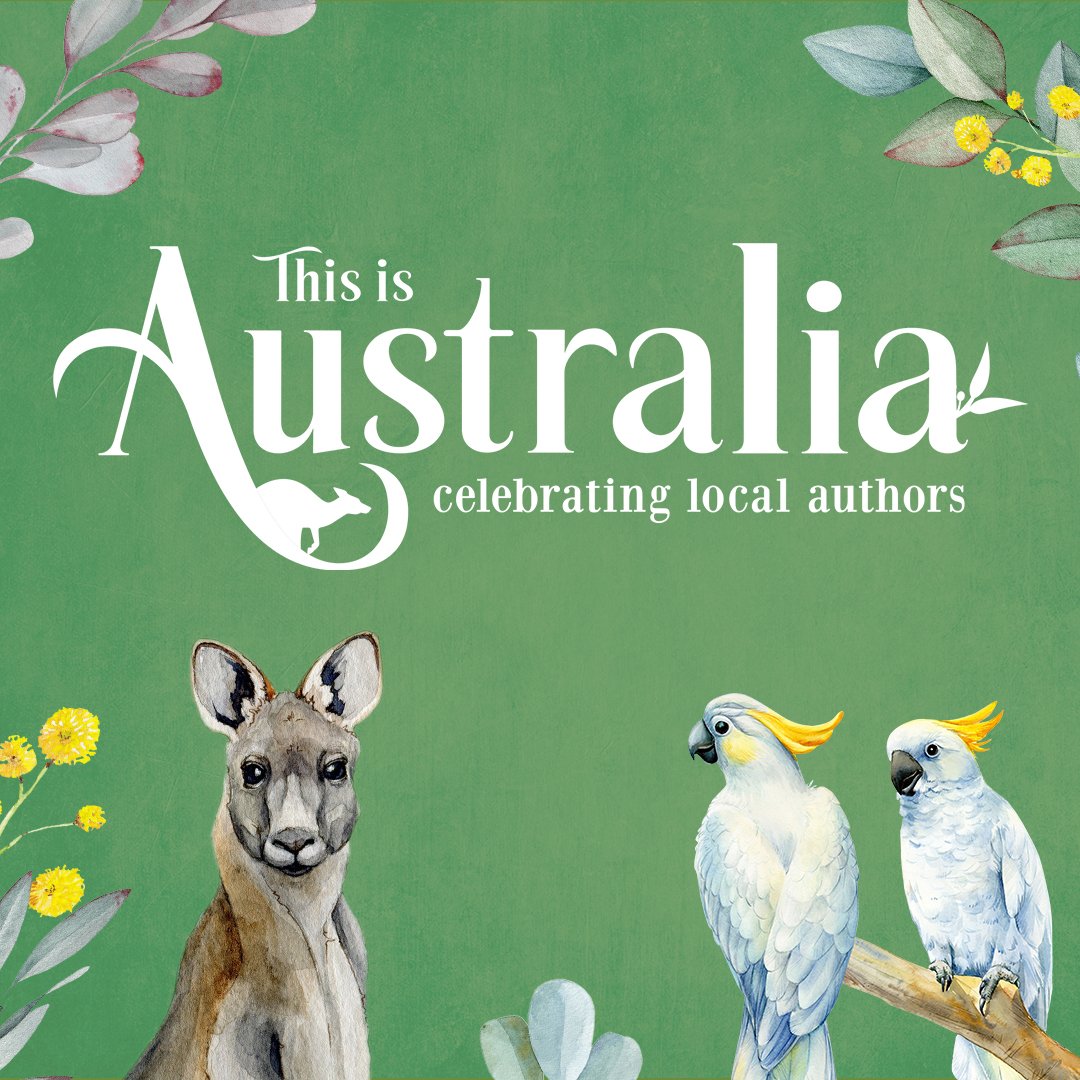Shankari Chandran was raised in Canberra, Australia. She spent a decade in London, working as a lawyer in the social justice field. She eventually returned home to Australia, where she now lives with her husband, four children and their dog, Benji. She is the author of two previous novels, Song of the Sun God and The Barrier. Her latest novel is called Chai Time at Cinnamon Gardens.
Today, Shankari is on the blog to answer a few of our questions about her new novel – read on!
Please tell us about your book, Chai Time at Cinnamon Gardens.
SC: Chai Time at Cinnamon Gardens follows the lives of the residents and staff at a nursing home, in a fictional suburb in Western Sydney. It’s set against the rising racism of contemporary Australia but flashes back to the lives of the elderly residents, decades before in their ancestral homeland of Sri Lanka, during the country’s civil war. The novel is about the stories the residents and staff tell themselves and each other, to keep their memories and culture alive. It celebrates way we build communities in our new homelands and hold onto our old ones. It’s my love letter to story-telling.
Why was it important to you to write this story?
SC: I wrote this story because I wanted to interrogate what it means to be Australian and who gets to decide this. Australian stories are stories written by Australians. I’m Australian and this particular story explores the lives and voices of people on the margins of that definition, but whose lives and voices are no less important than others. It explores the way we shape our new home and the challenges we face in asserting our right to be here. It was difficult for me to write it because I had to allow myself to critique racism in Australia and I feel pressured to be constantly and unequivocally grateful for the refuge we’ve been given here. It worries me a little that I’ve chosen to step into the race conversation, in the only way I know how – through writing. I am grateful and I do love Australia – we’ve brought our four children back here (from London) and I want them to feel that we can own and acknowledge this country’s beauty and its ugliness. I think that’s the only way you can have conversations about things you want to improve – you name them respectfully, you ask questions, you tell stories and you listen to the stories of others.
Can you tell us a little bit about why you decided to set this novel in a nursing home?
SC: The nursing home is based on the real-life nursing home where my grandmother lives. It’s a warm and loving place where many of the residents are Sri Lankan Tamil, as are many of the staff and carers. The residents know each other from “back home” as they say. When we go to visit my Ammamma, we run into our cousins and friends who are visiting their Ammammas and Appappas. In any one resident’s room, there will be up to four generations of families, talking, laughing, fighting, listening and learning. We take Ammamma for a walk along the corridors and as we pass the rooms of other residents, she will tell us their stories as well as hers. They often involve secrets and complaints about her friends that stem from their shared youth. As she ages, her memories of her past, are of course more vivid, and in some ways more real to her than her present-day reality. I thought this nursing home was a beautiful place of community and it would make a beautiful place for a novel.
Who was your favourite character from this book to write? Why?
SC: Definitely Maya – she’s the elderly owner of Cinnamon Gardens and also a resident there. She checked herself into her own nursing home when she decided she’d done enough for her family and wanted to spend the rest of her life writing novels. By day she’s a seemingly traditional Sri Lankan grandmother. By night she’s secretly one of Australia’s most successful historical romance writers (multi-award winner of the Torn Bodice Award). Maya writes a series about a white frontierswoman – Clementine Kelly – under the nom-de-plume of Sarah Byrnes, with a strong following from the CWA and women’s magazines. In the tradition of Elena Ferrante, no one knows who she is, and in particular, no one knows she’s not white.
‘I wrote this story because I wanted to interrogate what it means to be Australian and who gets to decide this. Australian stories are stories written by Australians.’
You’re a lawyer, as well as an author. Do you find that your experience in the legal world spills over into your writing?
SC: Yes, my first draft of this manuscript had lots of extracts of legislation but you’ll be relieved to hear my book club (who are my first readers) made me take them all out before I was even allowed to send the manuscript to my agent. Fiction often starts from a place of anger for me – I write about the injustices that make me angry.
Chai Time takes a look at the way race is framed in Australia and who frames it (to the inclusion of some and the exclusion others). It looks at the way ‘freedom of speech’ is used as a shield to protect those that want to express their bigotry. Then, when their bigotry is called out or when our failings as a nation are critiqued, those same people, drop freedom of speech and pick up the toxic narrative of ‘being unAustralian’ to vilify, punish and silence the people who dared to criticise them.
In this novel I particularly enjoyed taking real-life rightwing public discourse (also known as hate speech) and putting it into the mouths of ‘fictional’ rightwing-but-mystifyingly-well-respected-and highly-paid shock jocks (also known as racists and misogynists). This novel gave me a chance to fight back by writing back.
Can you tell us a little bit about your journey towards becoming a writer?
SC: My journey has been marked by constant body-blows to my self-esteem (thankfully being a lawyer prepared me for that); and unfailing optimism that one day I’d be published (thankfully parenting prepared me for that). In my late 30s, I took a break from being a lawyer to have our last child. During this time, I thought I’d give that ‘dream novel’ a go. I was supposed to stop writing and go back to the law after that. Instead, I’m muddling my way through concurrently chaotic careers in both fields but thanks to Find My iPhone I know where all my children are at all times. Chai Time at Cinnamon Gardens will hit shelves in January 2022. I have to hide in the bathroom and cry every time I think about it.
What is the last book you read and loved?
SC: I’ve just finished reading an extraordinary unpublished manuscript called Ashani by Christine Shamista. It’s a YA novel that explores the tension of being a newly arrived Tamil teenager in Australia, trying to pursue her dreams while carrying the heavy burden of familial and cultural expectations. It’s written in an innovating verse form. Yep, verse. A compelling story and elegant form converge to create something truly captivating.”
What do you hope readers will discover in Chai Time at Cinnamon Gardens?
SC: I’d like readers to fall in love with the residents and staff of Cinnamon Gardens, listen to their stories and value the gift of storytelling. I’d like readers to take away a different perspective about life in Australia and an awareness that their lived experience is not the same as others. I hope readers will build connections and empathy for these characters who have been dispossessed by war, come to a new country and despite the challenges of navigating that diasporic experience, create a new home that they love and cherish. I also hope you laugh a lot – the residents at Cinnamon Gardens do.
And finally, what’s up next for you?
SC: The brilliant Larissa Behrendt (After Story, AraatikSC: Rise Up!) and Dragonet Films Australia are adapting a short story I wrote into a TV series so I’m working on that with them. I’m also writing my new novel, Anbu, but I’m not ready to say anything about it in case I stress myself back into the bathroom.
Thanks Shankari!
—Chai Time at Cinnamon Gardens by Shankari Chandran (Ultimo Press) is out now.

Chai Time at Cinnamon Gardens
Welcome to Cinnamon Gardens, a home for those who are lost and the stories they treasure.
Cinnamon Gardens Nursing Home is nestled in the quiet suburb of Westgrove, Sydney – populated with residents with colourful histories, each with their own secrets, triumphs and failings. This is their safe place, an oasis of familiar delights – a beautiful garden, a busy kitchen and a bountiful recreation schedule...







 What do we know about the Boy Swallows Universe Netflix show?
What do we know about the Boy Swallows Universe Netflix show?  Booktopia’s top thrilling fiction picks for Crime Month
Booktopia’s top thrilling fiction picks for Crime Month  Booktopia’s Top First Nations Book Recommendations for 2023
Booktopia’s Top First Nations Book Recommendations for 2023
Comments
No comments